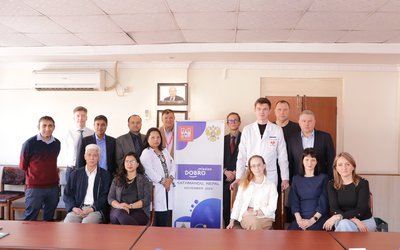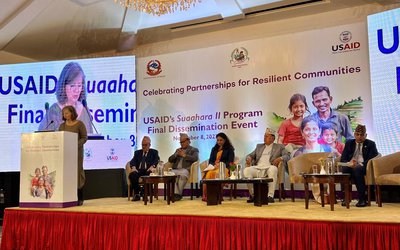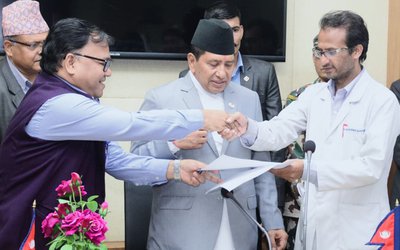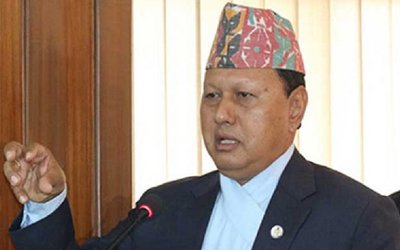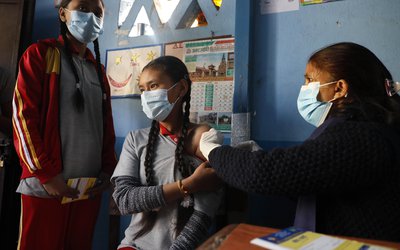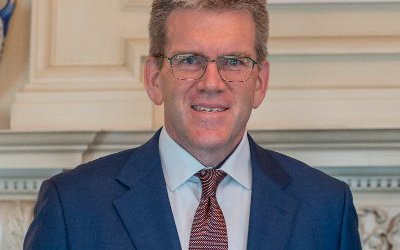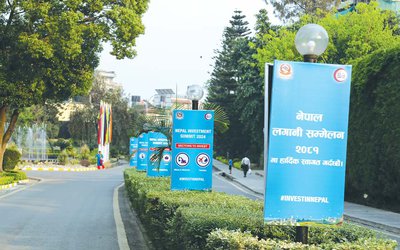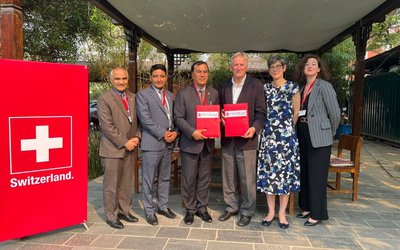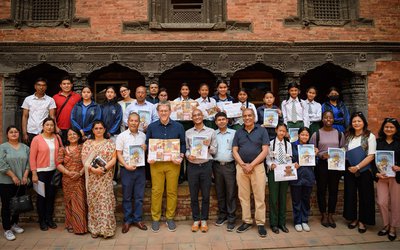People all over the world are living longer. For example, the life expectancy in the United States is about 79 years when it was only 49 years in 1900. In Nepal too the life expectancy is now around 67 years. About 30 years ago the life expectancy here was around 50 years of age.
The well- known US television programme 60 Minutes recently did a fascinating story on people who live to be 90 years and older, the “oldest old”, the fastest growing section of the US population. People have searched for magic potions and elixirs to live forever, and in keeping with this eternal desire of mankind, the 60 Minutes television programme focused on a report which analyzed factors ( diet, exercise, vitamins, alcohol intake) which may have influenced the longevity of these “oldest old”. The report included returned questionnaires from 14000 people and came up with intriguing findings.
Some of the findings were contrary to our present belief and understanding, but some others were dead on target. For example, if you smoked, your chance of getting to that ripe old age of 90 was severely compromised.
But if you drank moderately (two drinks a day), you were more likely to reach that pinnacle of old age. And what kind of liquor you drank did not matter. The people who sell red wine have clearly convinced many people about its good health effects, but living longer does not seem to be one of its exclusive benefits. Also, taking supplemental vitamins did not impact on longevity in this group.
Regarding exercise, people who exercised definitely lived longer than those who did not exercise. As little as 15 minutes a day on average made a difference. Forty-five minutes was the best, and surprisingly, even three hours did not beat 45 minutes. Was this just a quirk in the data or an actual finding needs to be examined further.
The other interesting and controversial finding the 60 Minutes programme reported was that as you grew older in your eighties and nineties, you were better off if you were a bit overweight rather than skinny and old. This may have something to do with having some reserve of nutrition when you become older so that immunity and body defense mechanism are preserved to fight off infections. This did not mean that you had to be obese, but clearly being underweight did not help matters.
Dementia in this aged American population was an important focus of the report because people “lose” their minds more quickly as they age. The incredible finding was that if you were in your nineties, it was a good thing to have a slightly higher blood pressure to protect you from suffering from dementia such as Alzheimer’s disease than if you had low blood pressure. The bad news about suffering from dementia was that the risk of developing dementia doubled every five years after the age of 65 and just kept doubling right along so that even after the age of 90, study participants continued to develop dementia. It was not, as the scientists expected, that there was a “cut off” age after which the risk of developing dementia declined.
Many of the people in the study were unselfish and donated their brain to science after death so that more studies could be done to figure out the cause of dementia so that others would benefit. Preliminary findings from these brain autopsies showed that it may not just be the plaques in the brain that cause dementia as it is widely believed, but equally important may be micro infarcts (small strokes) that may well be the culprit in causing dementia in the oldest old.
This was a simple questionnaire- based study, but the findings will inform further research in helping scientists in understanding old age more comprehensively so that those privileged to live long may be able to live more fruitful and enjoyable lives.
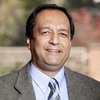
Buddha Basnyat MD
Buddha Basnyat, MD, MSc, FACP, FRCP, Director of the Oxford University Clinical Research Unit-Patan Academy of Health Sciences, Kathmandu.
- Altitude Sickness
- Feb 20, 2018
- Post-earthquake Nepal: The Way Forward
- Dec 13, 2015
- The Annapurna Sanctuary
- Nov 29, 2015
- Diarrhea at the Summit
- Nov 08, 2015
- Altitude Sickness ( AMS, HAPE, HACE)
- Oct 15, 2015


